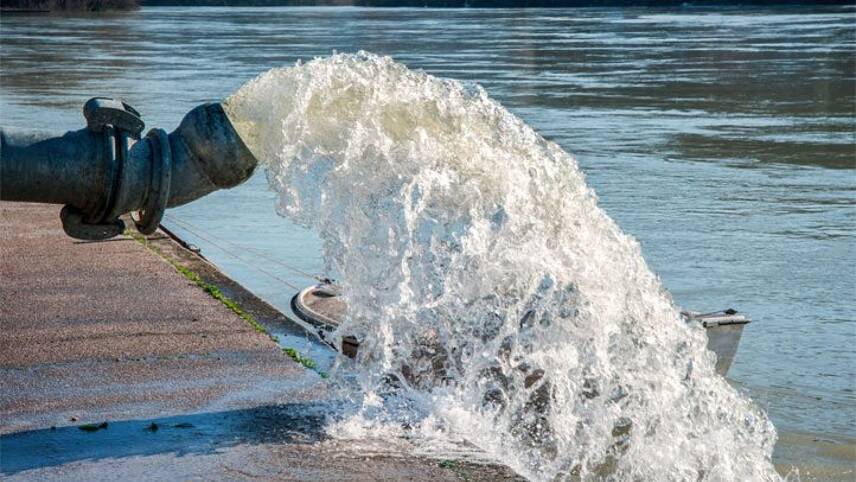Register for free and continue reading
Join our growing army of changemakers and get unlimited access to our premium content

This assessment is based on self-disclosed financial value data from a cohort of 591 companies including global brands such as Hewlett Packard, Mars, L’Oréal, and Nissan during 2018 to 2022.
Based on the data, the prevalence of opportunities related to water efficiency was evident across nearly every sector, ranging from retail to energy.
Companies identified potential in several areas, including the development of new products and services valued at $1.7trn; the exploration of emerging water-related markets valued at $328bn, and enhancing resilience against extreme weather, potentially saving an estimated $231bn in costs.
CDP’s senior manager for water Miriam Denis Le Seve said: “The private sector should be treating water as a precious and fragile resource, full stop. But what this data tells us is that water security is also good for business, with financial opportunities each year running into the hundreds of billions of dollars.
“Company investments into valuing water will make a huge difference to tackling this crisis head-on. The right time to act on these opportunities is right now.”
CDP notes that water concerns are increasingly influencing corporate decision-making, as evidenced by 2022 data revealing intentions to allocate up to $79bn for mitigating water risks.
The 2022 data also unveiled that 58% of companies now intend to sustain or decrease water withdrawals, while 63% are dedicated to conducting water-related risk assessments. Moreover, 83% are incorporating water security considerations into their value chain approaches.
BSI’s recommendations
CDP’s recent analysis coincides with BSI’s revelation that without intervention, by 2050, 75% of the global population could confront drought conditions.
This is based on BSI and Waterwise’s new analysis, which has further unveiled that diminished confidence in the water infrastructure of the UK, driven by the consistently elevated presence of sewage in the nation’s water bodies, is putting at risk the willingness of the public to collaborate in the efforts to curtail water consumption.
The UK is among the worst 10 countries assessed when it comes to levels of freshwater resources, the research found.
Nonetheless, BSI’s commissioned polling suggested that two-thirds of consumers and 80% of small business leaders deem clean water and sanitation integral to sustainability. Additionally, half of consumers and 44% of business leaders consider it a top priority for global attention.
BSI has laid out recommendations to develop a water-saving culture including simplifying access to water-saving products, promoting water recycling and reuse, and collaborating across government, water industry, and individuals to accelerate change.
Hear from water security experts at edie’s next FREE webinar
Experts from WWF, BSI and Anglian Water Services will speak on edie’s next FREE webinar, which is being hosted on Thursday 24 August to mark World Water Week.
This webinar will bring together sustainability leaders and water management experts to share tools, insights and practices that accelerate innovation and drive global water security. Topics covered will include water efficiency, eliminating pollution and conserving and restoring natural habitats.
Click here for more information and to register.


Please login or Register to leave a comment.